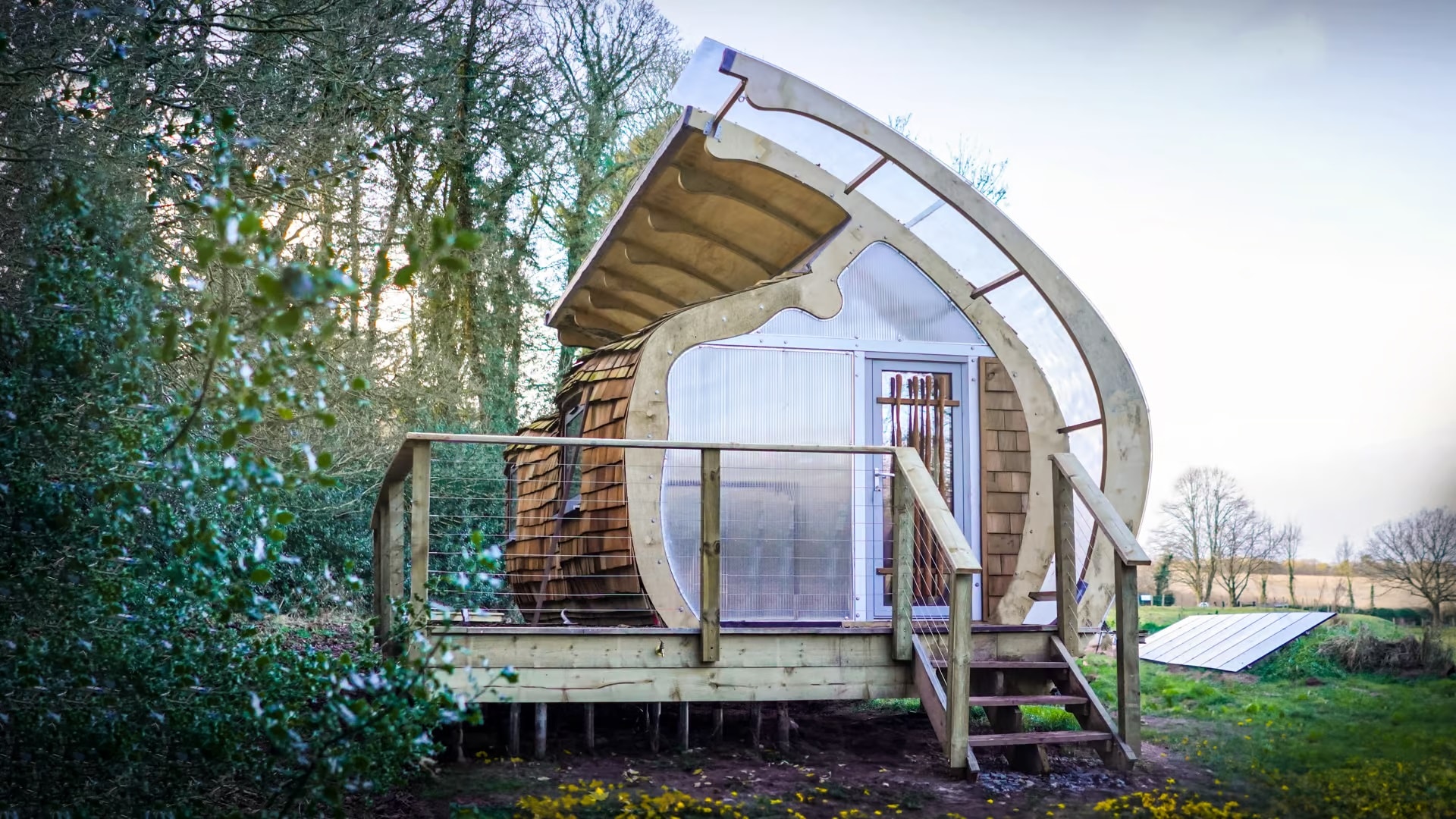In light of the latest failures within the British modular housing industry, US modular and offsite construction companies are also beginning to face a myriad of challenges that will test their resilience and adaptability. While many thrive, transforming challenges into stepping stones toward innovation and growth, others are faltering, beginning to show signs of distress that, if go unnoticed, could lead to their downfall. Identifying these signs early can provide crucial insights for stakeholders to take preventative measures or make informed decisions.

.
Here are my 7 critical indicators that a modular housing company might be on the brink of collapse.
Most factories can come back from one of these, maybe two, but as the indicators increase in number, the chances for a factory to financially bounce back drastically decrease. If a factory you work for, invest in, have a contract to build something with, begins showing some of these indicators, it might be time to drop, roll and run!
Best Employees Begin Leaving
The departure of top talent is one of the most ominous signs a company can face. Skilled and experienced employees are the backbone of any organization, especially in the modular housing sector, where innovation, quality, and efficiency are paramount. When these individuals start leaving, it’s often because they sense instability or limited growth opportunities, a perception that can precipitate a company’s decline.
Outside Experts Are Called In and Paid in Advance
The engagement of external consultants is common practice for businesses seeking to optimize operations or navigate complex challenges. However, when a company in the modular housing industry begins to rely heavily on outside experts, paying them in advance for their services, it suggests a lack of internal confidence or capabilities. This reliance can drain resources and may indicate underlying issues that the company is struggling to resolve internally.
Workloads Begin Slowing Down or Loading Up
Fluctuations in workload can signal trouble. A slowdown may suggest a decrease in demand for modular housing, perhaps due to market saturation, a tarnished reputation, or emerging competitors. Conversely, an unmanageable increase in workload could indicate poor planning or the loss of key staff, leading to operational bottlenecks and compromised quality.
Dark Mood at the Office
The atmosphere within a company’s office can serve as a barometer for its health. A palpable shift towards negativity, anxiety, or demotivation among employees often mirrors deeper problems. In the modular housing industry, where projects are collaborative and deadlines tight, a darkened mood can hinder productivity and stifle creativity, further exacerbating a company’s troubles.
Firm No Longer Able to Hire Skilled People
A company’s inability to attract and hire skilled personnel is a significant red flag. In the competitive modular housing market, the continuous innovation and application of new technologies are crucial. A failure to recruit talented individuals can stall these efforts, leaving the company lagging behind its competitors.
Too Many Closed Door Meetings
An increase in private, closed-door meetings among senior management can be indicative of crisis management. While some confidentiality is necessary, excessive secrecy can breed rumors and anxiety, eroding trust within the organization. For a modular housing company, where project transparency and team alignment are key, this can signal deep-seated issues.
Sales Falling, Past Due Bills Increasing, COD and Immediate Influx of Cash Needed to Pay Past Due Accounts
Perhaps the most clear-cut sign of a company’s impending failure is its financial health. In the modular housing industry, where projects require substantial upfront investment and the profit margin can be tight, a decline in sales, mounting overdue bills, and a desperate need for cash flow can be fatal. These symptoms suggest not only a failure to attract new business but also potential mismanagement of funds and resources.
Recognizing these signs early can be crucial for a modular housing company to navigate its way back to stability and growth. Stakeholders, from employees to investors, must remain vigilant, proactive, and ready to adapt to the changing tides of the industry. For those that do, the challenges can become opportunities, leading to innovation, efficiency, and a stronger market position.
.
Gary Fleisher is a renowned blogger, consultant, and commentator on construction and housing trends, known for his insightful analysis of the industry.



